If you're redesigning your living space or just need a comfy spot to binge-watch your favorite show, the choice often comes down to this: loungers vs. sofas. Both offer comfort—but in different ways. Both offer comfort. But which one fits your lifestyle better? Whether you’re a napper, a reader, a parent, or someone who just wants the perfect seat after a long day, this article’s got your back—literally.
We’ll compare loungers and sofas side by side, looking at their design, comfort level, and how they fit into your lifestyle. Whether you love stretching out with a book or curling up
Comfort Levels

Loungers
Loungers win hands down on comfort. With adjustable reclining positions, you can lean back and elevate your feet anytime. This reduces pressure on your back and legs, boosts circulation, and relieves tension. Plus, many loungers have extras like built-in massage and heat functions. Their targeted support cradles your body perfectly, making them unbeatable for relaxation.
Sofas
Sofas offer a basic level of comfort meant for sitting upright or casual lounging. They don’t recline or provide the same level of personalized support. While cozy for multiple people, they lack the flexibility and health benefits of loungers.
Lifestyle and Usage
Loungers
If you crave personal downtime, loungers are unmatched. They’re perfect for reading, watching TV, or napping in customized comfort. Powered models help users with limited mobility adjust with ease. Adjustable loungers make solo relaxation effortless and luxurious.
Sofas
Sofas shine in social settings by seating multiple people, but they don’t cater to individual comfort needs as well. If your priority is personal relaxation, they fall short.
Health Benefits
Loungers
Loungers support your body’s natural alignment, helping reduce strain on the back, neck, and hips. The ability to elevate legs helps with circulation and swelling, and massage features can ease muscle tension. This makes chaise lounges excellent for people with chronic pain or health issues.
Sofas
While sofas are comfortable, they don’t offer targeted support or health-focused features. They are less effective in helping with pain relief or improving posture.
Style and Aesthetic Flexibility

Loungers
Loungers come in a variety of styles, from sleek modern designs to classic leather recliners. A lounger's a perfect addition to living spaces because its size and versatility allow it to blend into bedrooms, offices, or living rooms without overpowering the space.
Sofas
Sofas can be statement pieces with diverse styles and fabrics. However, large sofas can dominate a room and limit design flexibility.
Space Considerations
Lounger
Loungers are more space-efficient. Even fully reclined, many take up less room than large sofas. Their smaller footprint fits well in bedrooms, offices, or cozy nooks. Plus, they’re easier to move and reposition, giving you freedom to create your ideal relaxation spot.
Sofas
Sofas usually demand more floor space and are heavier, making room rearrangements tougher. Large sectionals can overwhelm small rooms, limiting flexibility.
Cost and Maintenance
Loungers
While loungers cost more upfront, the price reflects their advanced features and superior comfort. Maintenance mainly involves occasional motor checks but is generally straightforward.
Sofas
Sofas tend to be cheaper initially but don’t provide adjustable comfort. Fabric cleaning can be a hassle, especially with pets or kids.
Final Thoughts
Whether you choose a lounger or a sofa depends on how you want to relax. If solo comfort and full-body support are your priority, a lounger is the way to go. But if you want to share space with family or guests and want more seating options, a sofa fits the bill better. Think about your space, your habits, and how you like to unwind. Both have their perks—it’s just about what works best for you.
FAQs
Why are loungers more comfortable than sofas?
Loungers recline and offer adjustable positions that support your neck, back, and legs. This personalized support helps relieve pressure points, making them far more comfortable for relaxing solo than sofas, which mostly provide fixed seating.
Do loungers cost more than sofas?
Usually, loungers do cost more upfront because of their reclining mechanisms and added features like massage or heat. But many people find that extra investment worth it for the long-term comfort and health benefits they provide.
Are electric loungers noisy when reclining?
Most modern electric loungers are designed to operate quietly. You might hear a gentle hum or soft motor noise, but it’s usually subtle enough not to disturb your relaxation.\
How long do loungers typically last compared to sofas?
With proper care, loungers can last as long as sofas—usually around 7 to 15 years. The mechanical parts may need maintenance, but the sturdy frames and quality upholstery keep them comfortable for years.
Are sofas better for families with kids or pets?
Sofas often work better in busy family homes since they provide ample seating space. However, loungers with durable upholstery can also handle pets and kids, especially if you want a special spot just for yourself.


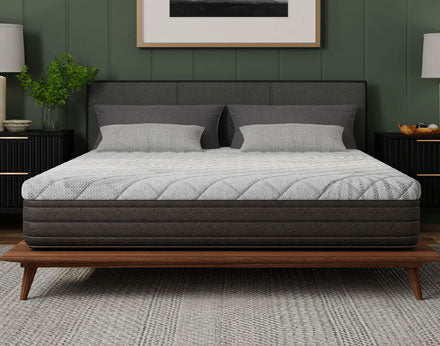
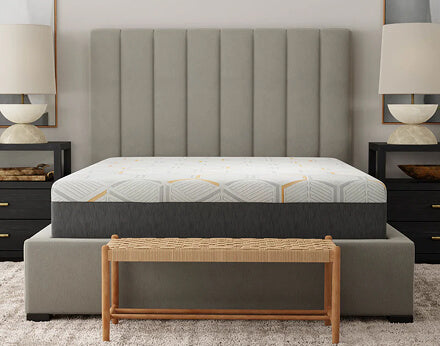
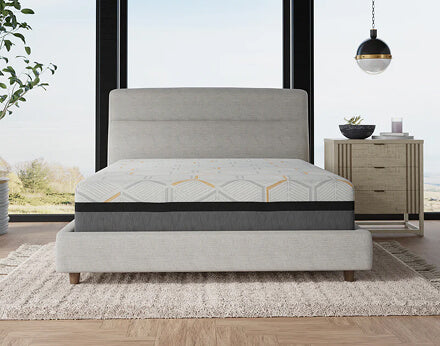
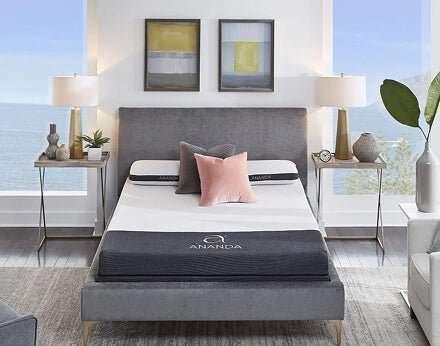
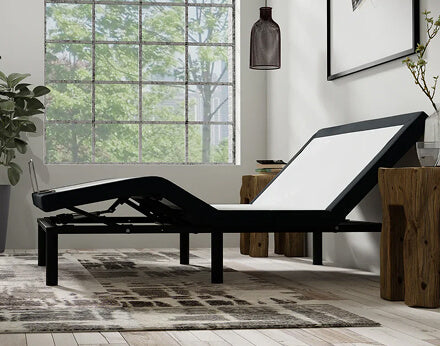
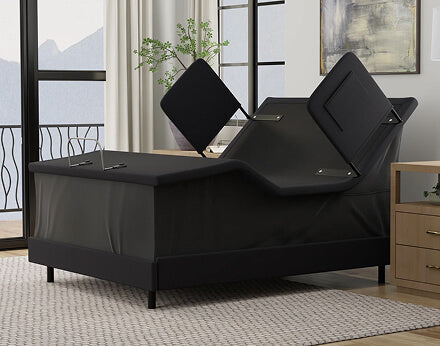
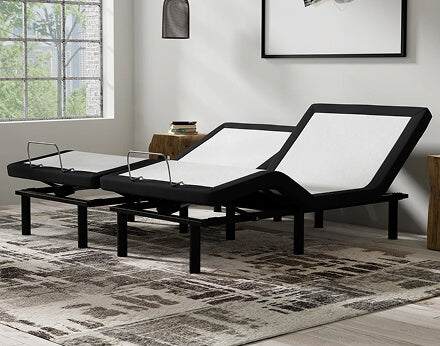


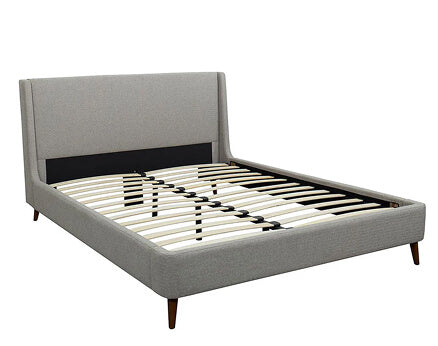
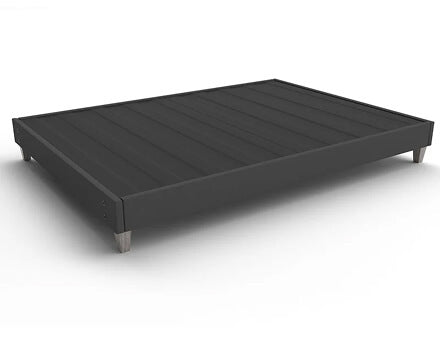
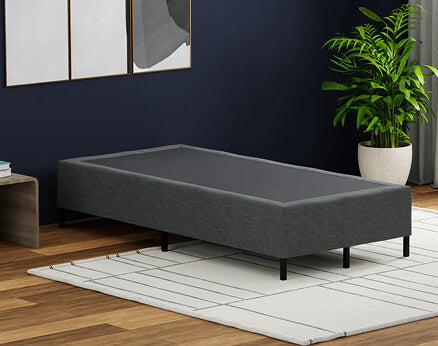
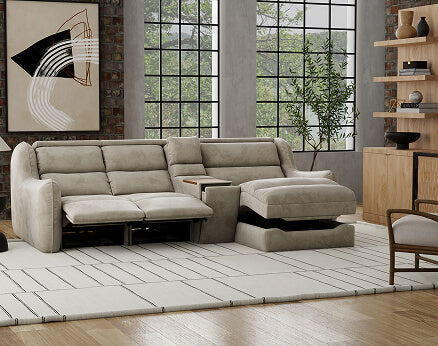
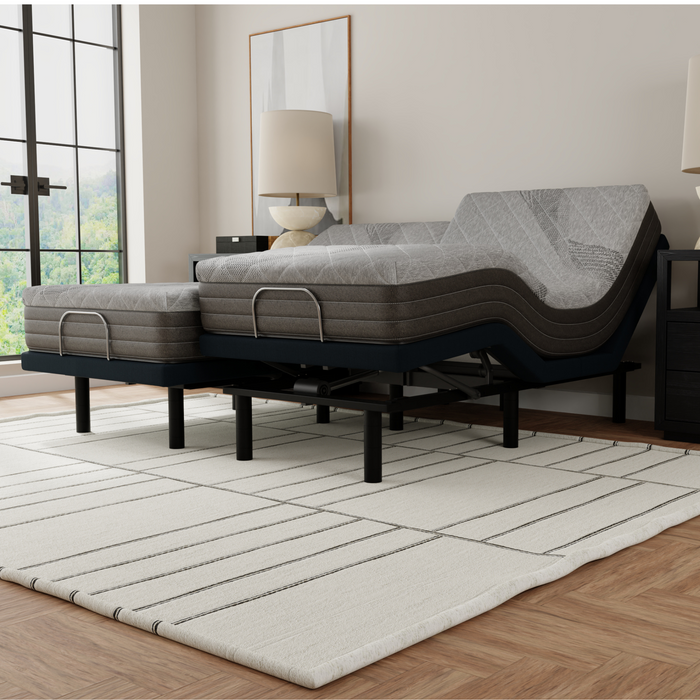
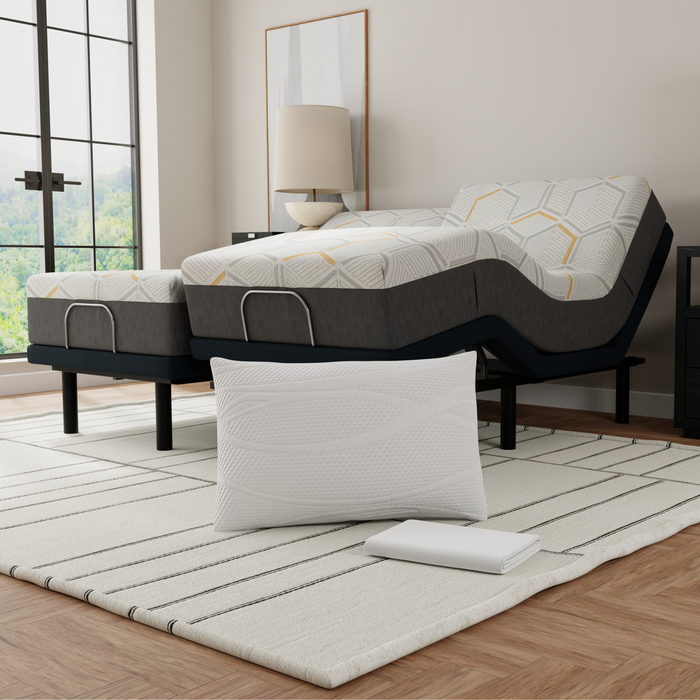
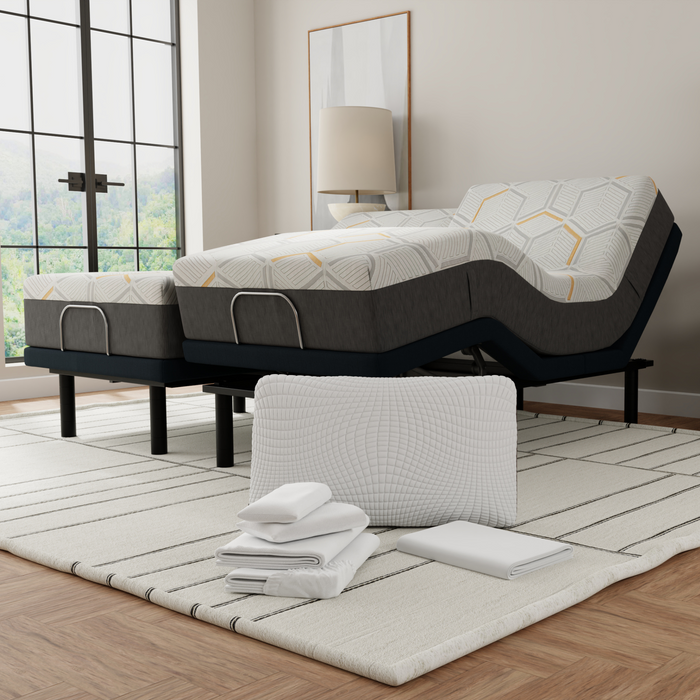
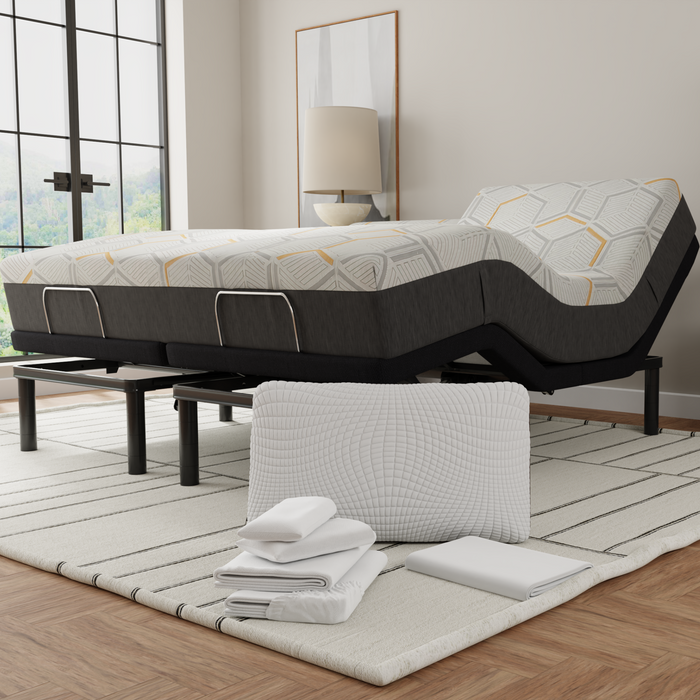
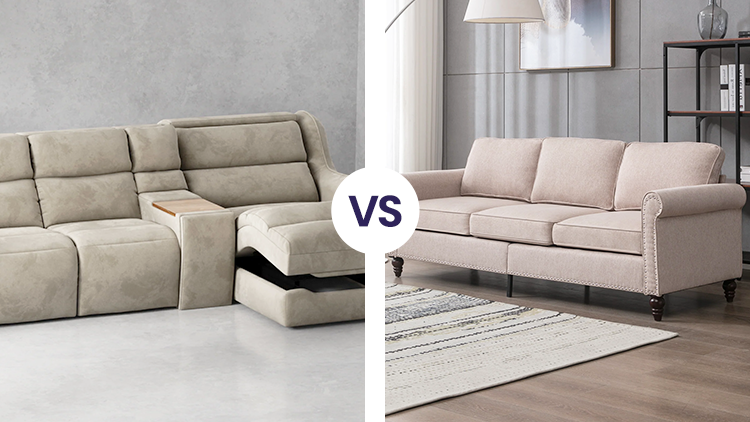

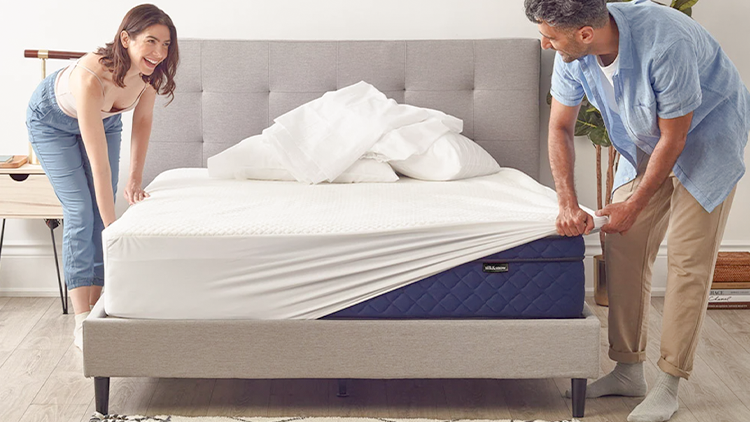
Leave a comment
This site is protected by hCaptcha and the hCaptcha Privacy Policy and Terms of Service apply.